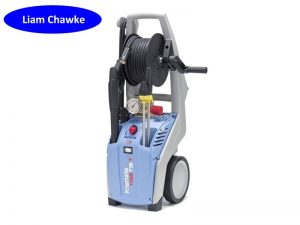With the publication of recent research on the link between bladder cancer and THM’s in public drinking water supplies in Ireland, it’s important that households consider the benefits of installing a water filter in their home.
Research carried out by the National Institute of Environmental Health Sciences in Europe, shows that up to 5% or more of bladder cancers in Ireland and some other EU countries could be attributed to the use of disinfectant products like chlorine in the chlorination of drinking water. Chlorine appears to be the most widely used disinfectant used in the purification of drinking water by public water utilities. However, when surface water (from rivers or lakes) is used for public water supplies, free chlorine can react with organic compounds (such as vegetation) in the water creating byproducts known as THM’s (Trihalomethanes), which are associated with bladder cancer.
It should be noted that there is no unequivocal evidence that THMs cause bladder cancer, only a link and that the health benefits of water disinfection and chlorination far outweigh a small increase in the risk of bladder cancer.
However, as Ireland is one of nine countries that exceed current average THMs levels in drinking water according to the research, it could lead to an increase in the number of bladder cancer cases unless measures are adopted to optimise water treatment and disinfection without compromising the microbiological quality of drinking water. Households could include additional filtration such as point-of-use water filters or a whole-house water filter systems in their homes, or even a simple filter jug would help remove the chlorination by-products.
As public water supplies are generally very high quality in most parts of Ireland already, installing a quality under-sink water filter (point-of-use) or whole house water filtration system will purify the water even further and provide long term protection as well all the health benefits of drinking pure clean water.
Submit the Contact Form or call us at 069-64318 for more details. To request a water test, just complete the Water Test Request form.






